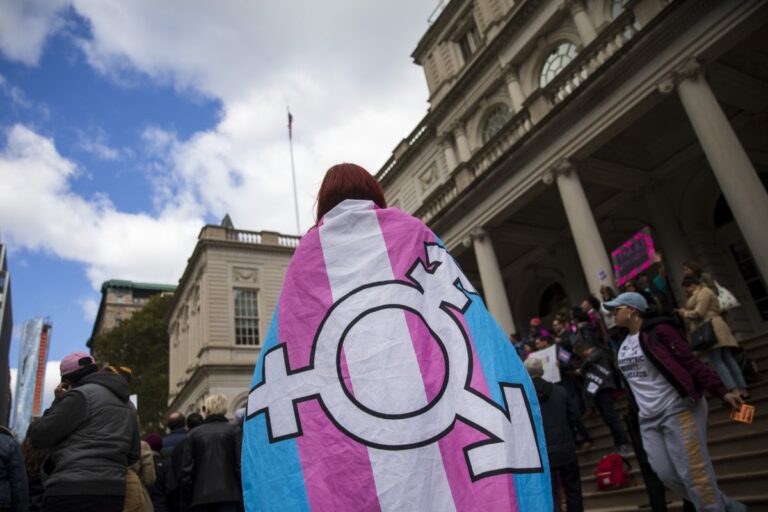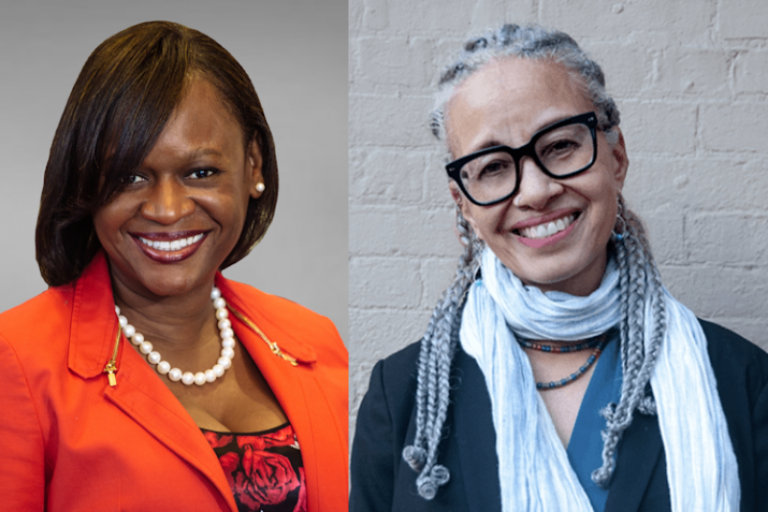Jane Fonda: Racism Fuels the Climate Crisis Today
Jane Fonda: Unpacking the Link Between Racism and the Climate Crisis
When you think of Jane Fonda, what comes to mind? Feminism? Iconic workouts? Screen legend? But in her recent appearances, Fonda has made some pretty bold statements about an often-overlooked factor that contributes to our climate crisis: racism. Sounds far-fetched? Let’s dig into what she means and explore the surprising connections between these complex issues.
Climate Change: A Global Crisis
Before we dive into the racism angle, let’s take a moment to grasp the enormity of the climate crisis. We’re in the thick of it now, witnessing wildfires, rising sea levels, and devastating storms. This isn’t just some distant problem; it’s happening right where we live, affecting millions across the globe. Of course, the scientific community has been raising alarms for decades, warning us about rising temperatures, melting ice caps, and the urgent need for action.
But what if I told you a significant part of this discussion often gets lost in the shuffle? It’s easy to think of climate change as purely an environmental issue. Still, it’s intricately linked to social, economic, and racial inequalities that lead us to an uncomfortable truth: not everyone is affected the same way.
Fonda’s Perspective: A Deep-Rooted Connection
Jane Fonda has been a vocal advocate for various social issues, and she’s not shying away from linking racism to climate change. During her talk on “The Kelly Clarkson Show,” she argued passionately that “there would be no climate crisis if it wasn’t for racism.” This assertion isn’t just a throwaway line; it speaks volumes about how systemic inequalities are interwoven with environmental degradation.
When you think about it, this connection makes sense. Marginalized communities, especially communities of color, are often located in areas that are disproportionately affected by industrial pollution, lack access to resources, and have fewer means to adapt to climate change. The neighborhoods that experience toxic waste dumps or lack public transportation aren’t just random choices; they are the consequences of longstanding discrimination and economic disadvantage.
The Historical Roots of Environmental Inequality
To fully understand Fonda’s statement, let’s peel back the layers of history a bit. It’s essential to recognize that the devastation wrought by colonialism, slavery, and systemic racism has shaped the socio-economic landscape we see today.
Consider this:
- Indigenous communities often suffer the worst impacts of environmental destruction.
- Historically, lower-income neighborhoods—often populated by persons of color—are targeted for hazardous industrial sites.
- Climate change effects like flooding and heatwaves hit these communities harder due to their existing vulnerabilities.
These injustices don’t exist in isolation; they form a tapestry of inequality that makes addressing climate change more urgent and complex.
The Intersection of Gender, Race, and Environmental Justice
Fonda also emphasizes the intersectionality of racism, sexism, and environmental issues. Women, especially women of color, often bear the brunt of climate change impacts. In many societies, women are the primary caregivers and are tasked with securing food, water, and shelter for their families. Climate-induced hardships can escalate existing gender inequalities, as women often have less access to resources and decision-making power.
Let’s illustrate this with an analogy. Imagine a tree—its roots represent systemic issues. As the tree grows, the leaves (environmental challenges) are influenced by those roots. If the roots are weak, the leaves suffer. Fonda’s message highlights the need for stronger roots to ensure healthier leaves. We can’t solve climate change without addressing the racism that underpins the broader systemic issue.
Why Racism Hurts Us All
It might be tempting to view racism as an issue that mainly affects oppressed communities. However, this perspective misses the broader implications. When a society functions on inequality, everyone suffers.
Think about the consequences of not addressing environmental racism:
- Escalating health issues due to pollution extend beyond marginalized communities.
- Economic instability also ripples across society when entire communities are left vulnerable.
By tackling racism, not only do we uplift marginalized voices, but we also work toward a more sustainable future for everyone.
Grassroots Movements: The Beacons of Hope
While the challenges seem monumental, there are inspiring grassroots movements rising to the occasion. Communities are coming together to advocate for racial and environmental justice. Groups led by people of color are forming coalitions to fight against environmental racism, pushing for policies that ensure equitable distribution of resources.
As Jane Fonda pointed out, we need these movements to shine light in dark corners of society. They are the driving force that can help bring about change from the ground up.
- Community gardens are sprouting up in urban areas, providing fresh produce while fostering community ties.
- Climate marches often see diverse groups demanding change and accountability from those in power.
These movements create a ripple effect, showing that solidarity is powerful, and together we can fight the intertwined issues of racism and climate change.
Speaking Out: The Role of Influencers and Allies
Public figures like Fonda can play a crucial role in raising awareness. When someone with her platform speaks up, it brings attention to issues that might otherwise be sidelined. But let’s be real; it’s not just celebrities who can make a difference. We all have the power to raise our voices, advocate for change, and support marginalized communities.
You might be wondering, “How can I help?” Here are a few simple ways:
- Educate Yourself: Understand the history of racism and its impacts on environmental justice.
- Support Local Initiatives: Get involved with organizations that are championing both racial and environmental justice.
- Hold Leaders Accountable: Keep an eye on the policies that are shaped by those we elect into power.
The Road Ahead: A Call to Action
So, where do we go from here? Jane Fonda challenges us all to rethink our approach to climate issues. This isn’t just an environmental concern; it’s a humanitarian crisis that’s soaked in layers of social injustice. It calls for us to address not just the symptoms but the root causes.
Let’s use Fonda’s bold statements as a springboard for deeper discussions about race, inequality, and climate. Change doesn’t happen overnight, but collective action can set the wheels in motion for a healthier planet and society.
Conclusion
In conclusion, Jane Fonda’s assertion that racism fuels the climate crisis is a pivotal reminder of the interconnectedness of social justice and environmental issues. By understanding these links, we can create a more inclusive movement aimed at tackling both climate and racial injustices. It’s not just about saving the planet; it’s about saving the people inhabiting it.
So, next time you hear about the climate crisis, think of the voices that often go unheard. Let’s come together to ensure that every soul on this planet has a seat at the table in the fight for a sustainable future.
FAQs
1. What is environmental racism?
Environmental racism refers to the disproportionate impact of environmental hazards on communities of color and low-income populations.
2. How does racism affect climate change?
Racism leads to systemic inequalities that place marginalized communities in more vulnerable situations concerning environmental hazards and climate impacts.
3. What role do grassroots movements play in environmental justice?
Grassroots movements amplify the voices of marginalized communities and advocate for policies that promote sustainability and equity.
4. Why is intersectionality important in discussions about climate change?
Intersectionality recognizes that various forms of discrimination, such as racism and sexism, are interconnected, leading to compounded vulnerabilities.
5. How can individuals contribute to the fight against environmental racism?
Individuals can educate themselves, support local initiatives, and advocate for equitable policies that benefit marginalized communities.






